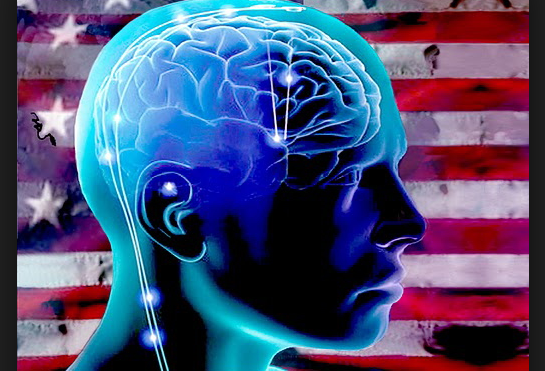Our veterans have endured a lot, both on and off the battlefield. The effects of war linger on in the form of PTSD and related injuries. One such injury, which is receiving greater recognition as of late, is service-related brain trauma. Writing for Fusion, Kristen Brown highlights DARPA’s research and development in this area — specifically, brain-chips with a dual role: providing enhanced battlefield capabilities and post battlefield repair features. While implantation of such brain chips in soldiers has not yet occurred, the speed at which technology is advancing these days, indicates that we will see such progress sooner rather than later. Given that “[o]f the 2.5 million Americans who served in Iraq and Afghanistan, 300,000 of them came home with traumatic brain injury,” ¹ it would appear that R&D in this area, along with greater awareness, is both timely and necessary, especially from a therapeutic perspective. Nonetheless, as Brown notes, a question that lingers is whether DARPA’s motivation stems mostly from an interest in creating therapeutic options or creating the super-soldier?
The prevention and treatment of brain injuries is not only being studied by the military. It is a topic currently at the forefront of discussions across various institutions such as law, medicine, sport, academia and others. Of note, this Friday, November 13, 2015, the Center is presenting a conference in Phoenix, AZ, precisely on this issue, including a discussion on military-related brain-trauma, entitled Safeguarding Brains: the Law, Science & Ethics Behind the Concussive Brain Injury Epidemic. The event will feature leaders in the field who are coming together in one space to enlighten participants on the legal, policy and ethical implications of research advances as applied to various establishments. To register or learn more click here.
¹Author, Annie Jacobsen.
















